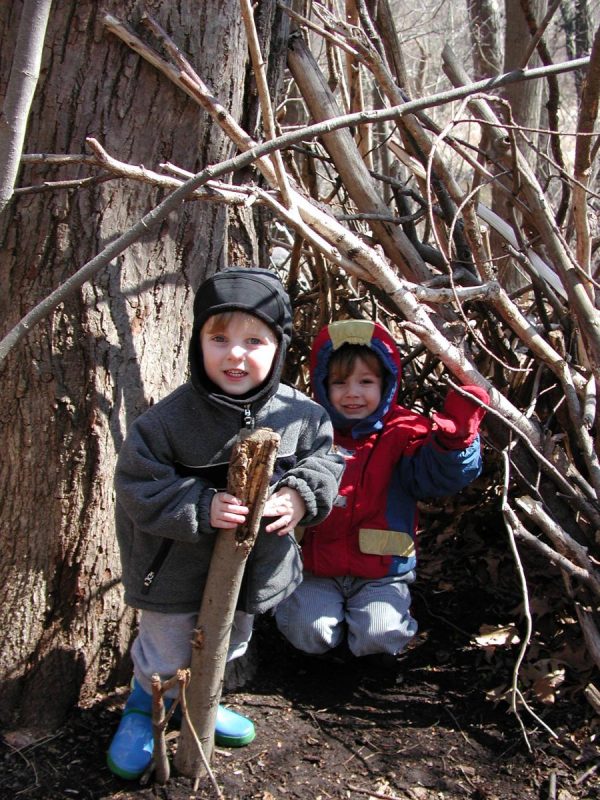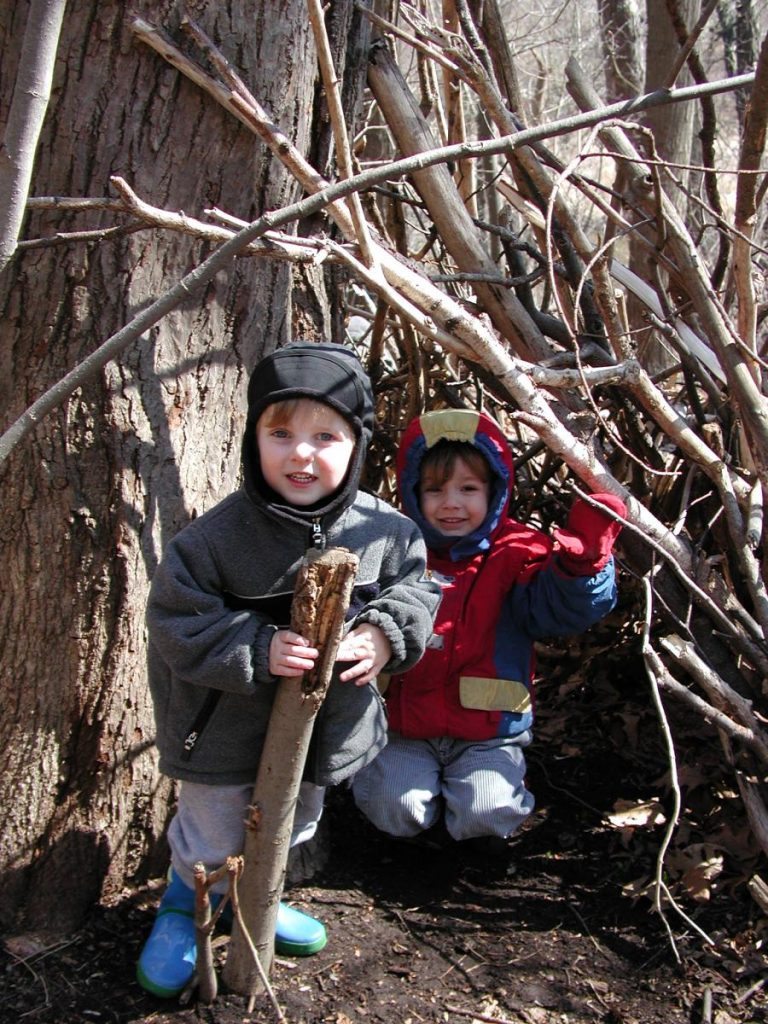 “Focus more on who your child is
“Focus more on who your child is than on what your child does.
Remember, you are growing a person,
not fixing a problem.”
L.R. Knost
Emily and I are currently taking a class together about the Wisconsin Model Early Learning Standards. The class, despite being held from 6:30-9:30 p.m. on Wednesday nights (yawn!), is interesting and offers insights into observing children and intentionally planning activities to meet their needs. The instructors are knowledgeable and engaging. Yet, I often leave the class feeling unfulfilled, like something deep and intangible is missing from the conversation.
This past week, the teacher said something that made me want to leap out of my seat. Luckily for all of us, the crazy LifeWays director managed to remain firmly planted and silent (except for an urgent whisper to Emily, who answered with a smile and a knowing nod.) Our instructor, who has years and years of early childhood education and practice under her belt, said, “I know you all take the children for walks in the snow and you sing songs about the snow. But we all know the real reason you are doing these things is to teach the children skills.”
It struck me in that moment, as I furiously scribbled notes onto my “What did I learn today?” activity page, that this is one of the primary disconnects in education right now, and one of the things that most profoundly separates LifeWays from the world of conventional early childhood education. We at LifeWays, believe it or not, do not hold “teaching children skills” as our main goal. I wanted to say aloud to the teacher, “No, we do not take them out into the snowy forest or sing seasonal songs to teach the children skills. We do these things because the cornerstone of our work is relationships.”
In early childhood, relationships matter more than skills. (The research on this assertion is pretty solid, and is well summarized inThe Irreducible Needs of Children by developmental experts Stanley Greenspan and T. Berry Brazelton, if you’re interested.) Children need the freedom to explore their relationship to the natural world around them, the people they care about, the food they eat, and the things that make up their environment. And in the course of those explorations, the children naturally acquire knowledge and skills at their own pace. Forming secure, attached relationships and being given the freedom to discover the world around them is the very bedrock of skill building. In the shelter of these relationships, the children begin to learn about themselves, and they begin to travel down the path of the life they came here to live.
At LifeWays, we believe that each one of these children has come to this planet, to his or her family, to our community, at this time, for a reason. Each one came here with an intention, a purpose, and – try as we might – we have no idea what it is. Our goal is to offer the most supportive relationships in the most nurturing and nourishing environment we can to help the child fulfill his or her destiny, whatever it may be. Given this objective, it seems pretty presumptuous to pretend to know exactly which skills a child should be mastering today, tomorrow or next week.
If we view the children as little more than subjects to chart and assess and if our goal is to teach them skills so they look better on those charts and assessments, then we are sadly missing the mark. I think most educators would agree with me, including the teachers of the class Emily and I are taking. “Oh, yes, we value the whole child!” they say. But don’t they see that focusing so much of our attention on skill mastery and assessment sends a clear message that we really don’t?
There certainly is value in our understanding the developmental milestones that are typical for children at each age and honing our own observation skills so we can support them on their journey. That is why the primary caregivers and I are developing an intentional planning process here at LifeWays. Our goal is to create a process that allows the individuality of the child to shine through and guide us in our planning without getting bogged down in charting or reducing the child to a materialistic point of view. I am hopeful we will succeed, and we will share the process with you as we go along.
Now it’s time to go out and play in the snow, just because snow is really cool and the children love it.
Mary O’Connell is Director of LifeWays Childcare of Milaukee.
